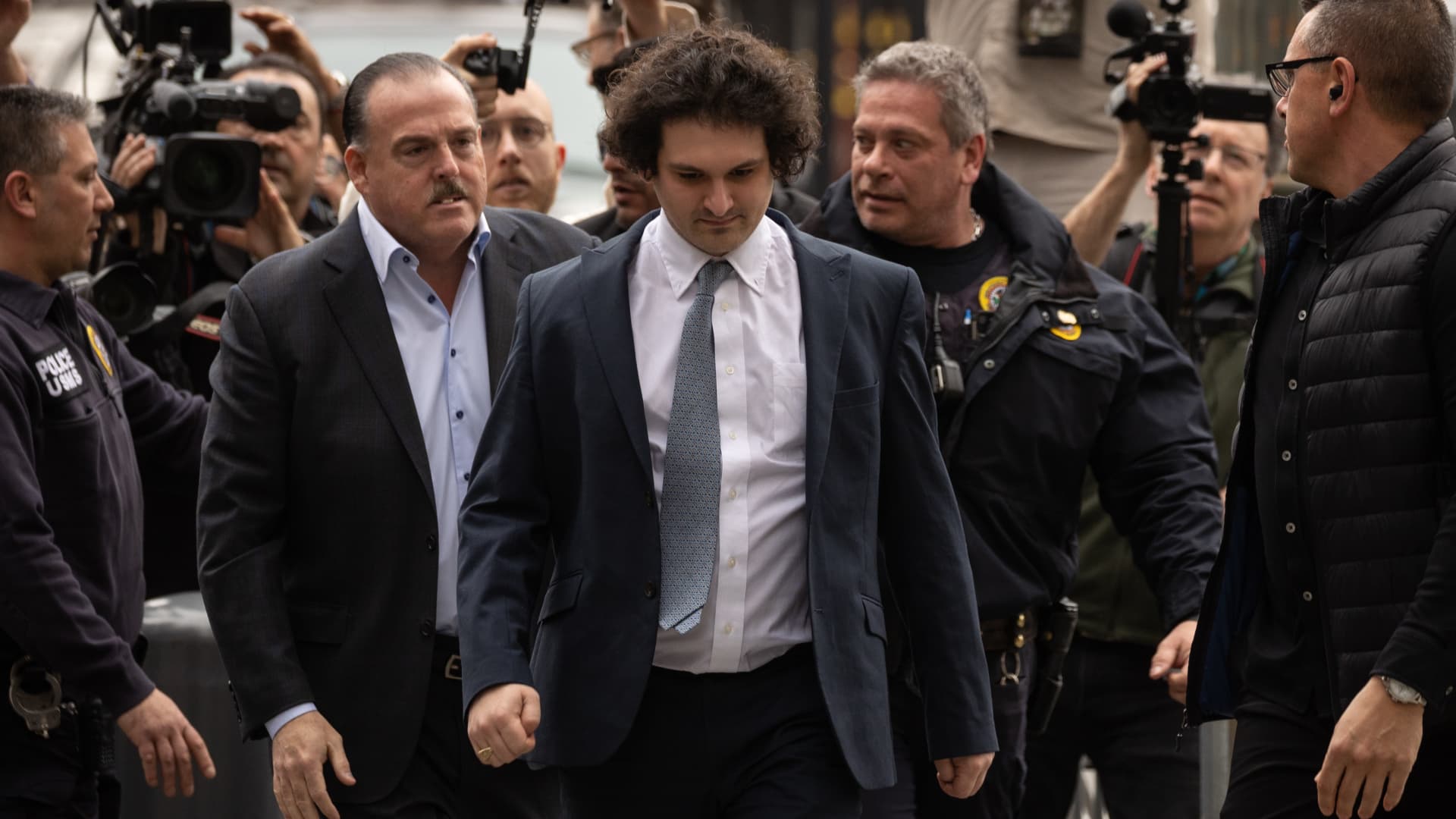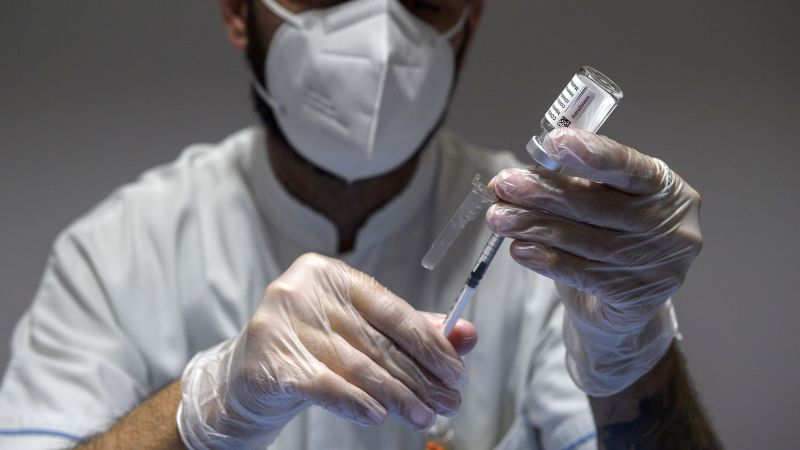Residents in Brighton, Michigan, line up with chairs on the side of the street to watch an Independence Day celebration parade on July 4, 2021. Getty Images News | Getty Images Emily Elconin After the coronavirus epidemic forced the cancellation of most festivities last year, Americans are gearing up to celebrate the Fourth of July, raising expectations that life is returning to normalcy as cases and deaths from Covid-19 reach new lows. To commemorate the country’s “independence” from the virus, the White House has invited citizens to gather and watch fireworks displays. As restrictions are eased, businesses and restaurants are reopening across the country, and air travel briefly surpassed 2019 levels at the start of the holiday weekend. On Sunday, President Joe Biden will throw an Independence Day party on the South Lawn of the White House with 1,000 key workers and military families, marking the president’s first large-scale event. At 7:30 p.m. ET, he will offer remarks. Though the country has made significant progress against the pandemic as a result of the vaccine rollout, the Fourth of July weekend comes as health officials in the United States continue to monitor the spread of the Covid delta variant, which is thought to be more transmissible than other strains earlier in the pandemic. According to a CNBC examination of Johns Hopkins University data, the number of new cases is substantially fewer than it was in January, when the country witnessed more than 300,000 new cases in a single day. Despite this, cases have been increasing in recent days, and some health officials warn that due to the delta form, which now accounts for nearly a quarter of illnesses among predominantly unvaccinated persons, the US should not declare victory over the epidemic just yet. According to CNBC’s examination of JHU statistics, the seven-day average of new daily Covid cases in the United States was 13,196 on Sunday, up 11% from the previous week. For months, death rates in the United States have been declining. According to CNBC’s data, the seven-day average of new Covid deaths is 225, down 23% from the previous week. Over 600,000 people in the United States have died as a result of the outbreak. On Sunday, White House vaccine czar Jeff Zients justified the Biden administration’s planned Fourth of July bash, saying the United States had “a lot to celebrate,” highlighting the fact that two out of every three adult Americans has received at least one dose of the vaccine. “We are far further advanced in our fight against the pandemic than I think anyone imagined,” Zients said on ABC’s “This Week.” In fact, by the Fourth of July, the government had slightly missed its objective of fully immunizing 160 million Americans and having 70 percent of adults receive at least one shot. According to the Centers for Disease Control and Prevention, approximately 156 million Americans are now fully vaccinated, and more than 182 million have received at least one shot. On Friday, Dr. Scott Gottlieb told CNBC that most Americans should feel safe assembling over the Fourth of July weekend, citing strong vaccination rates and low viral infection levels across the country. “The incidence is quite low across the country. On “Squawk Box,” Gottlieb said, “You have to judge depending on where you are.”” “I believe individuals should exercise more caution in some sections of the country where prevalence is rising.” According to the CDC, over 1,000 counties in the United States, predominantly in the Southeast and Midwest, have vaccination coverage of less than 30%. The delta variant rates can be as high as 50% in some counties. Dr. Anthony Fauci, the country’s top infectious disease specialist, warned on Sunday that even if people are vaccinated, they should “go the extra mile” and wear a mask if they live in places with poor vaccination rates, such as Mississippi. “You might want to go the extra step… even though the vaccines themselves are quite efficient if you place yourself in a situation where you have a high level of viral dynamics and a very low level of vaccine,” Fauci said during an interview on NBC’s “Meet the Press.” The Food and Drug Administration approved the Pfizer-BioNTech and Moderna vaccines for emergency use in December, followed by the Johnson & Johnson vaccine in February./n
Read MoreU.S. celebrates July Fourth as nation emerges from pandemic, but health officials urge caution
2021-07-04T17:18:22-04:00July 4th, 2021|





